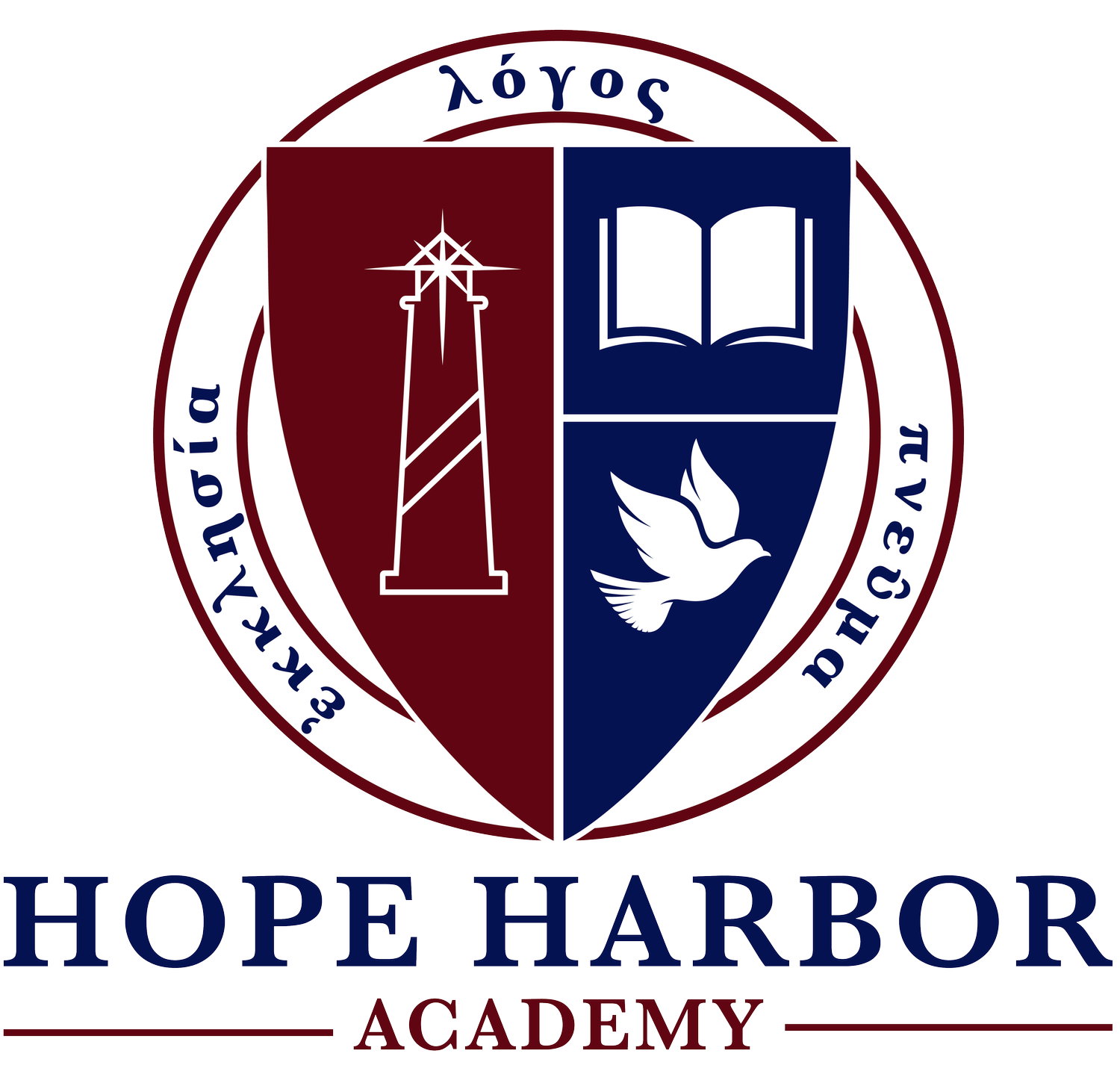Vision of Hope Harbor Academy
This academy is designed to meet a need for excellent, unwavering Biblical Christian education for our region.
Meet the Team
-

Grace Plenert
LEAD TEACHER - PRIMARY SCHOOL
Grace is a native of Louisville, KY who fell in love with Murray during her undergraduate program in elementary education. She is a state-certified teacher who has training and experience spanning all elementary grade levels in a variety of institutions. She also serves as the children’s ministry director for Hope Harbor Church and teaches for Harbor Kids Learning Center in the after-school and summer programs. Grace is well known for her joy and laughter.
-

Bryce Norris
DIRECTOR OF SCHOOLS
Bryce is a graduate of Murray State University. He received his undergraduate degree to teach high school math; afterward he completed his master’s degree and researched mathematical epidemiology. During his college years, Bryce became a follower of Jesus which sparked a passion for helping those around him realize their potential. While teaching at the university level, Bryce dreamed of creating an educational movement that emphasized academic excellence rooted in the truth of the Gospel.
Philosophy of Education
-
Our mandate is to create lifelong learners and equip our students with the tools necessary to grow, develop, and problem solve in every area of their lives.
-
We do not compromise the values and teachings found therein, and we cultivate those values in successive generations.
-
We treat parents as an integral part of our team regarding individual and corporate growth!
Consistent feedback and open dialogue play a pivotal role in encouraging students to explore the world they inhabit. As such, we believe in providing opportunities for collaboration at school, and at home.
-
If education is a process rather than a goal, that process should be designed to help the individual achieve all they can regardless of where God leads.
Two pivotal components of this process are:
The art of impginative play
The importance of personal responsibility
-
Assessment works best when built into the student’s routine without fanfare to see how we can move farther faster.
The more we are able to create a culture centered around learning and growth as opposed to standardized evaluation, the less a person’s value is tied up in perfect performance. This allows students and staff to take risks and problem-solve with creativity.
